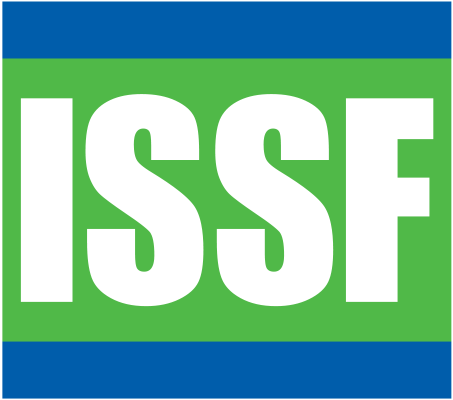Recording and Reporting
Your observer program will supply you with the required forms to enter the data you collect on your trip. In some cases, these may be forms from the RFMO, in others they may be from a regional or national authority. As many of the fields in region-specific forms are tied to that RFMO’s conservation measures, it is a good idea to familiarize yourself with them. These measures can be found on the RFMO’s website, however ISSF has an easy-to-use database of all RFMO measures that are searchable by term. (A description of this database appears in the previous chapter and the database itself can be found at http://iss-foundation.org/knowledge-tools/databases/rfmo-management-database/).
Given the observer’s long days and hard work, it is best to not trust anything to memory. For this reason, another recommended recording technique is daily journaling, where the observer—in narrative—can note events of the day, unusual behaviors or activities, questions to ask once in port, and other thoughts.

